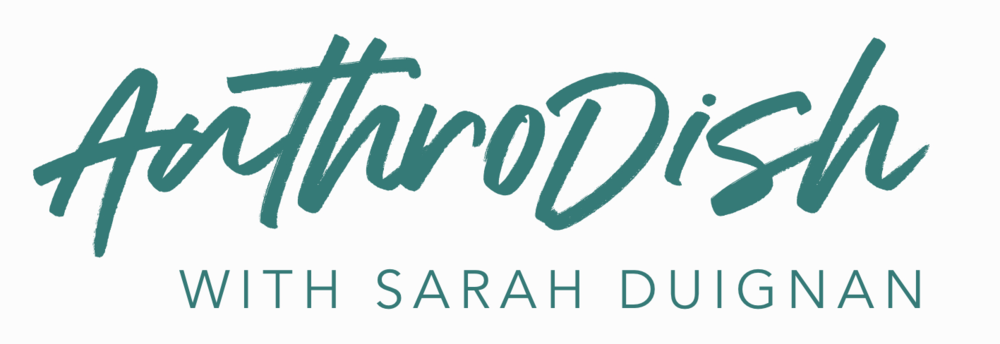“Part of food coverage, by me or another news outlet, is hopefully facilitating some media literacy and helping people understand that there are payments, there are influencers taking money. Understanding there is also media that doesn’t do that and being able to distinguish between the two. That’s why I have The Food Section’s ethics code posted on its front page. This stuff is important for when people start asking not only how is their food reporter reporting, but how is all media coming together? It’s a nice way to get people into this news and media ecosystem. ”
News media at large is in a challenging position this year: we’ve seen mass layoffs across digital media, local news, TV, print, even podcasts and documentaries. There’s shifts in audiences, loss of journalist jobs, and shaky foundations of social media platforms like Twitter and Substack that make even the strongest bylines at risk of being swallowed up. As a public, that means how we consume and analyze media changes too. Here on AnthroDish and across food media platforms, food is a jumping off tool that can offer alternative avenues to navigate complex sociocultural and political issues. My guest today is Hanna Raskin, founder of The Food Section, who is here to explore how her newsletter is creating a nuanced space for food media coverage across the American South.
One of the leading voices for high-quality local food journalism, Hanna has received widespread recognition for her writing and reporting. She previously worked as a food editor and chief critic for The Post and Courier newspaper in Charleston, South Carolina, which earned her the James Beard Foundation’s inaugural Local Impact Journalism Award. Since then, she founded The Food Section in 2021 as a twice-weekly Substack newsletter, and subsequently moved it onto its own independent platform in 2024. The Food Section has been named one of the best newsletters in the country by several prestigious industry organizations.
Hanna sits down with me today to share her experiences building The Food Section after transitioning away from newspaper reporting, what the dimensions of local food journalism can offer that other beats cannot, and how to navigate the concept of rigour in a food media world that can otherwise easily swing from buzzy big media to surface level content creator coverage.
Learn More About Hannah:
Threads: @hanna_raskin
Instagram: @hanna_raskin
Facebook: The Food Section group










